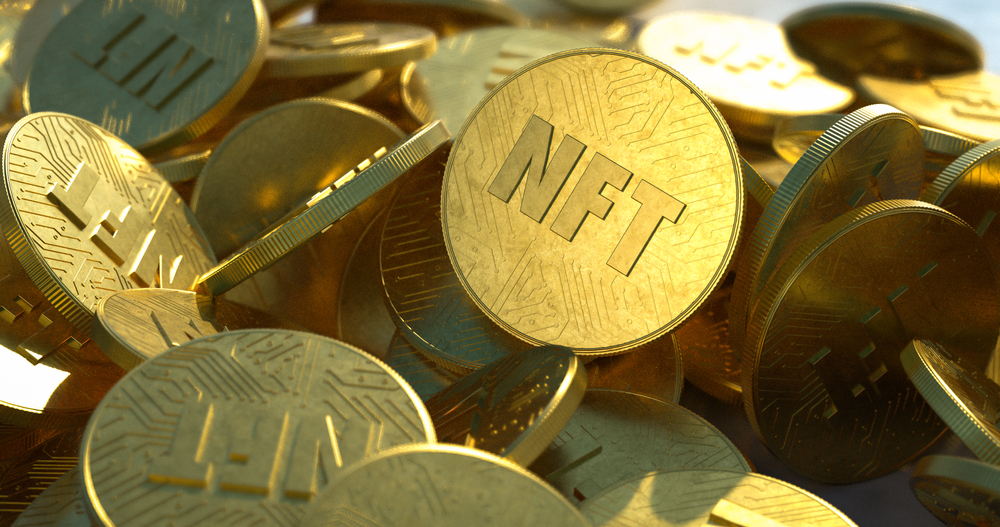According to data from Dune Analytics, Ordinal inscriptions on the Bitcoin blockchain reached 200,000 on Monday. Ordinals took the oldest and the largest network by storm last month, but it appears like the hype is fading away.
Ordinal Inscriptions are digital assets inscribed on the lowest denomination of BTC, called a satoshi, named after the developer of the most famous crypto, Satoshi Nakamoto. Inscribing on satoshis is possible because of the Taproot upgrade on the Bitcoin network, which was launched in late 2021.
Fees Paid to Miners Continue to Decline
As Ordinals gained popularity, the fees on the Bitcoin network kept rising. On February 14 alone, over $170,000 in fees were paid to miners. However, since then, the amount of fees that miners have been receiving each day has sharply declined. The miners were paid $55,000 on February 21 and only received $12,000 on Monday.
Many blockchain analysts believe that Yuga Labs, the creator of the popular Bored Ape Yacht Club NFT collection, will help bring back the frenzy. The firm announced on Tuesday its plans to launch 300 Ordinals in the course of this week.
Bitcoin network fees are determined by the data volume in a certain transaction and how fast the user needs their transactions processed.
Moreover, fees increase when the demand for processing transactions exceeds the number of miners. For example, On February 14, when 21,820 NFTs were minted on Bitcoin, the network fees went up significantly. However, only 2,000 NFTs have been minted at the time of publishing.
Web3 Developers Seek to Bring Ordinals on Other Blockchains
Meanwhile, some developers are attempting to port the Ordinals project on other Proof-of-Work blockchains such as Dogecoin and Litecoin. Last week, Software developer Anthony Guerrera rolled out the Litecoin version of Ordinals on GitHub.
On his Twitter handle, Guerrera wrote that he chose Litecoin blockchain because it has similar functionality and the same Taproot upgrade as Bitcoin.
The Emerging interest in Bitcoin NFTs has led developers on the Bitcoin sidechain, Stacks, to plan on building marketplaces and wallets that are compatible with Ordinals.
